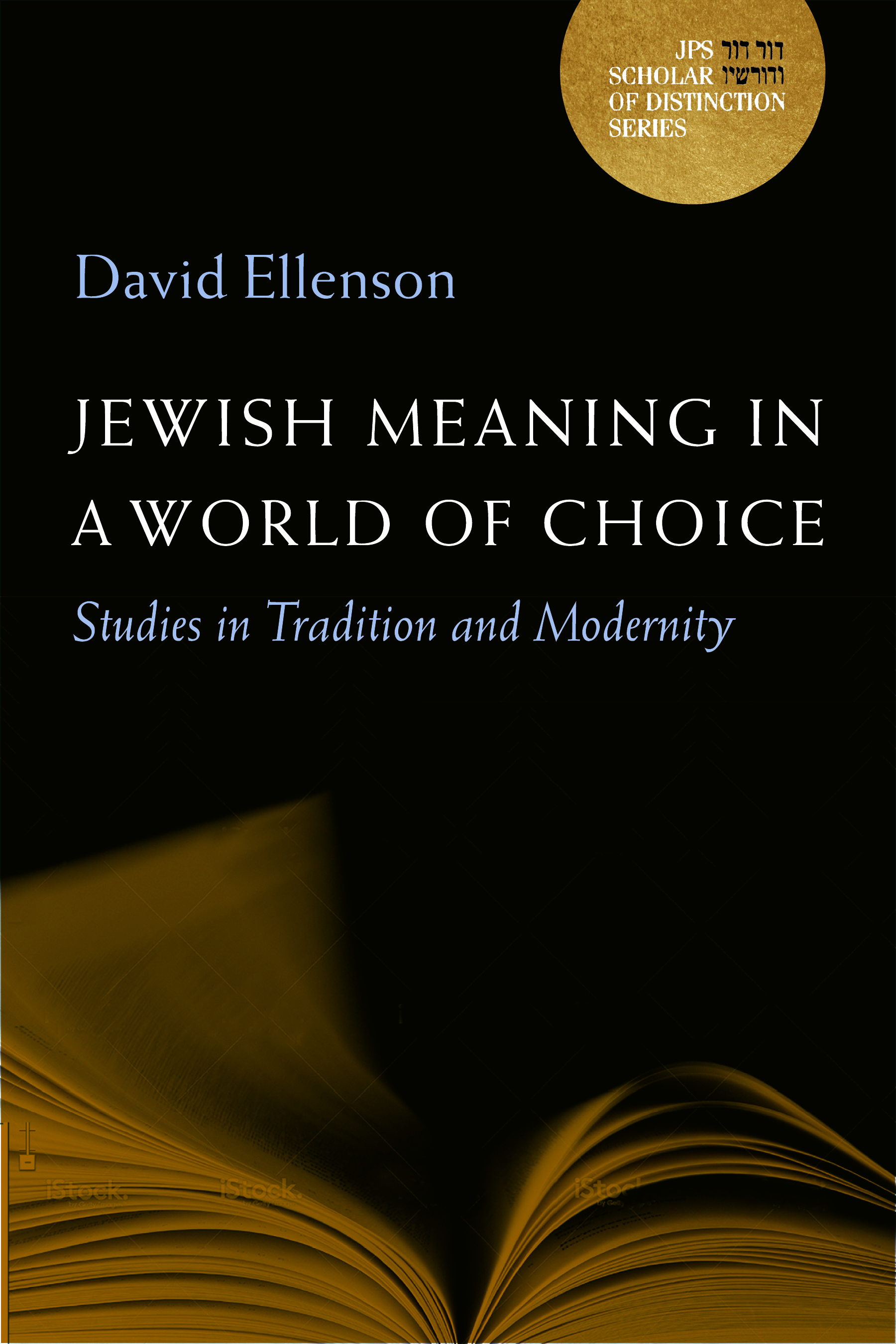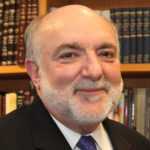About the Book
Internationally recognized scholar David Ellenson shares twenty-three of his most representative essays, drawing on three decades of scholarship and demonstrating the consistency of the intellectual-religious interests that have animated him throughout his lifetime.
These essays center on a description and examination of the complex push and pull between Jewish tradition and Western culture. Ellenson addresses gender equality, women’s rights, conversion, issues relating to who is a Jew, the future of the rabbinate, Jewish day schools, and other emerging trends in American Jewish life. As an outspoken advocate for a strong Israel that is faithful to the democratic and Jewish values that informed its founders, he also writes about religious tolerance and pluralism in the Jewish state.
The former president of Hebrew Union College–Jewish Institute of Religion, the primary seminary of the Reform movement, Ellenson is widely respected for his vision of advancing Jewish unity and of preparing leadership for a contemporary Judaism that balances tradition with the demands of a changing world.
Scholars and students of Jewish religious thought, ethics, and modern Jewish history will welcome this erudite collection by one of today’s great Jewish leaders.
View other titles in The JPS Scholar of Distinction series.
Praise
For over three decades David Ellenson has shaped the life of world Jewry through the power of his scholarship, depth of vision, and kindness of soul. His uniqueness is that in his writings he searches not to hide or homogenize complexity but rather to study it, celebrate it, and enable it to challenge our preconceptions. This book is critical for all who want to know not only the foundations and struggles of modern Jewish life but, more important, the future direction it can take.
— Donniel Hartman, president of the Shalom Hartman Institute
From the gifted pen of Rabbi David Ellenson come lucid essays covering Zionism, religious pluralism, feminism, and equal rights that illuminate not only a lifetime of scholarship and activism but also the complex bonds that link Jews in the United States with their forebears in Europe and contemporaries in Israel. Each essay sparkles like a gem, with compelling grace and power.
— Deborah Dash Moore, Frankel Center for Judaic Studies, University of Michigan


